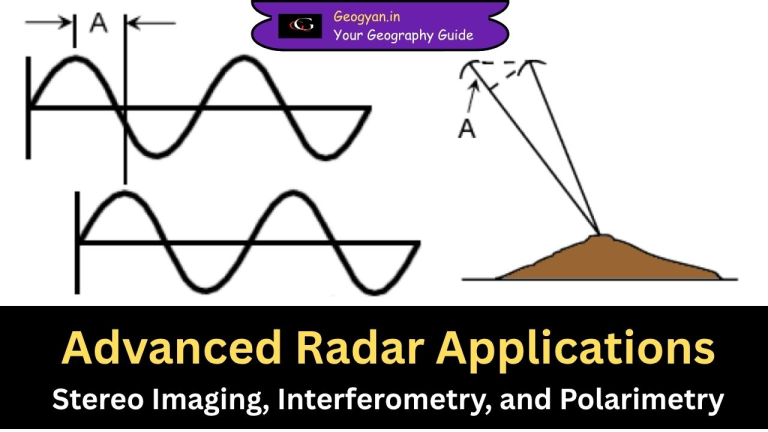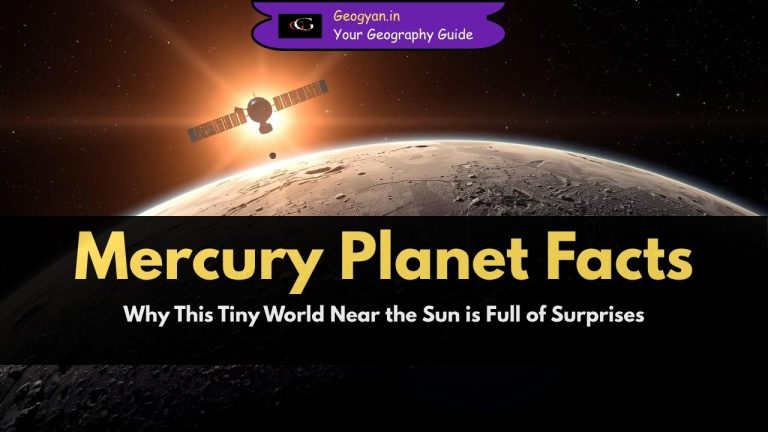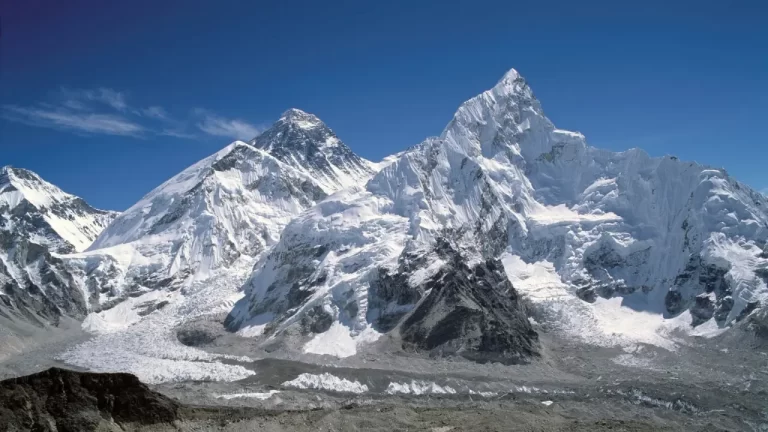Estimated reading time: 2 minutes
Table of contents
What is Geography: Introduction
Geography, derived from the Greek words “geo” (Earth) and “grapho” (write), is the comprehensive study of Earth’s diverse environments, places, and spaces. This academic discipline, rooted in ancient practices, aims to answer questions about the reasons behind the characteristics and locations of various elements on Earth’s surface.
History and Origins
The history of geography dates back over 2,000 years to the Greeks, who coined the term by combining “geo” and “graphein” to mean “earth writing” or “earth description.” Ptolemy’s Guide to Geography in the 2nd century CE marked one of the discipline’s first books, emphasizing a representation of the entire known world using pictures. Over time, geography evolved to incorporate maps, pictures, and words, reflecting the ever-expanding understanding of the world.
Geography’s Modern Role
In contemporary terms, geography goes beyond mere location knowledge. It encompasses topography, climate, vegetation, and human responses to the environment. The academic discipline emerged significantly in the 20th century, acting as a bridge between natural and social sciences. Geography now offers insights into pressing issues like globalization and environmental change, emphasizing both global perspectives and local nuances.
Defining Geography
Geography is the study of Earth’s lands, features, inhabitants, and phenomena. It seeks a profound understanding of Earth’s complexities, exploring not only where objects are but also how they’ve changed over time. The word “geography” was first used by Greek scholar Eratosthenes, but the concepts of mapping and spatial understanding trace back to ancient Babylon in the 9th century BCE.
Core Concepts
Geography’s core concepts revolve around space, place, time, and scale. The discipline utilizes various approaches, including quantitative and qualitative methods, to analyze and interpret geographical data. Common techniques involve cartography, remote sensing, interviews, and surveys.
Geography’s Broad Scope
Today, geography is an incredibly broad discipline with diverse approaches, including the four traditions and various branches. It plays a crucial role in unraveling global and local issues, providing insights into the interactions between humans and their environments.
Conclusion
Geography, as a study of places and their relationships, remains indispensable in understanding Earth’s intricate web of environments, societies, and phenomena. Its ongoing evolution reflects the ever-changing dynamics of our planet and continues to contribute valuable insights to both scientific and social endeavors.





























